The 4th session of the Permanent Forum on People of African Descent began this week at the UN headquarters in New York, bringing renewed international scrutiny to France and the Netherlands over their continued control of several overseas territories.
Established by a UN General Assembly resolution on August 2, 2021, the forum aims to address the historical and contemporary injustices rooted in slavery and colonialism.
This year’s session drew particular attention thanks to the collaboration between the Forum and the Baku Initiative Group (BIG), an international platform advocating decolonization through international law. BIG enabled the participation of representatives from territories still under French and Dutch rule, including Guadeloupe, Martinique, Kanaky (New Caledonia), Sint Maarten, Réunion, Bonaire, Aruba, Maohi Nui (French Polynesia), and French Guiana.
Speaking at the session, BIG Executive Director Abbas Abbasov detailed his organization’s efforts to support territories still under colonial control, expressing regret that these regions “continue to suffer from the colonial regime to this day.”
Abbasov also announced an upcoming international conference titled “Decolonization: The Quiet Revolution” to be held on April 15, organized by BIG in cooperation with the Permanent Forum. He invited all UN member states to attend.
Several representatives from France's overseas territories took the floor to denounce the ongoing colonial policies. Delegates from Guadeloupe, Martinique, Réunion, French Guiana, and Sint Maarten called for stronger unity and collaboration in achieving independence and self-determination.
In addition, the session featured the presentation of a detailed report, “The Evolution of French Colonialism: A Political and Constitutional Study,” authored by recognized UN expert Carlyle Corbin. Commissioned by BIG, the report explores France’s post-colonial governance structure and the lingering political and constitutional mechanisms used to maintain influence over its territories.
The session reinforced growing international calls for concrete steps toward decolonization and reparative justice, particularly in regions where colonial influence persists under the guise of overseas administration.
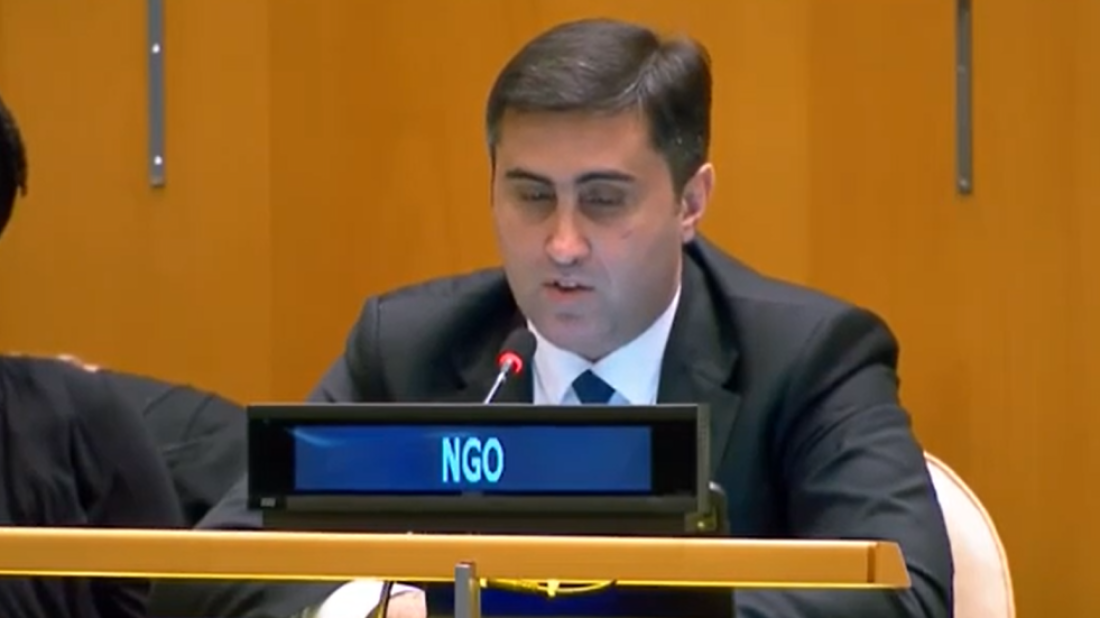

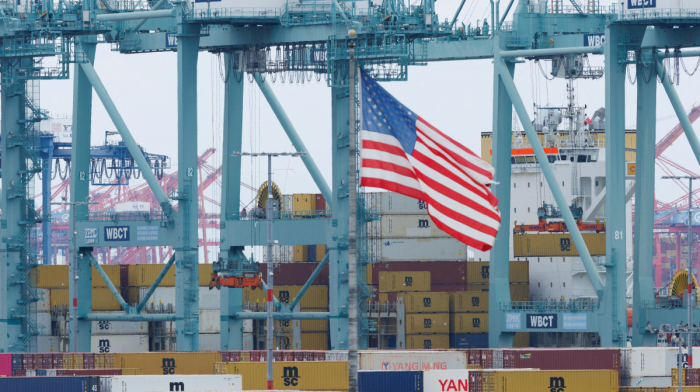

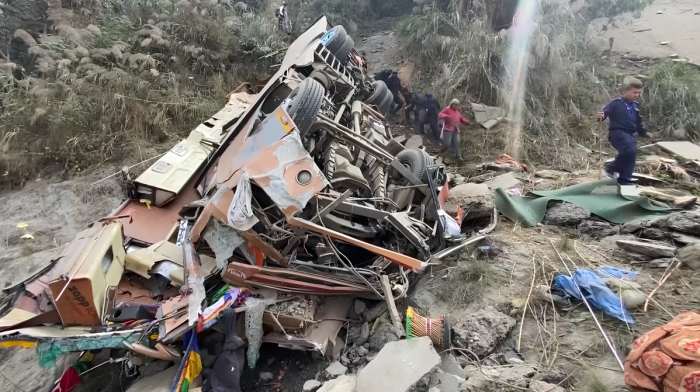
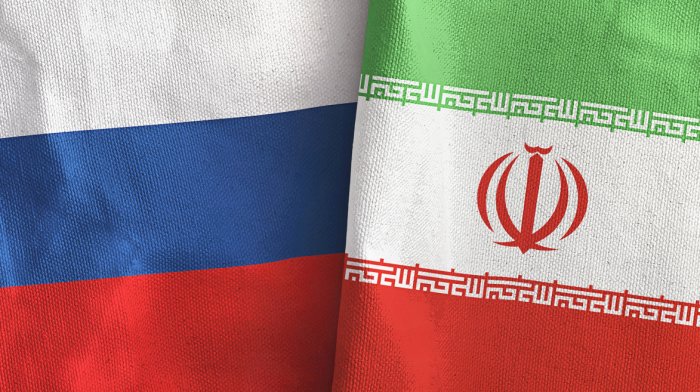

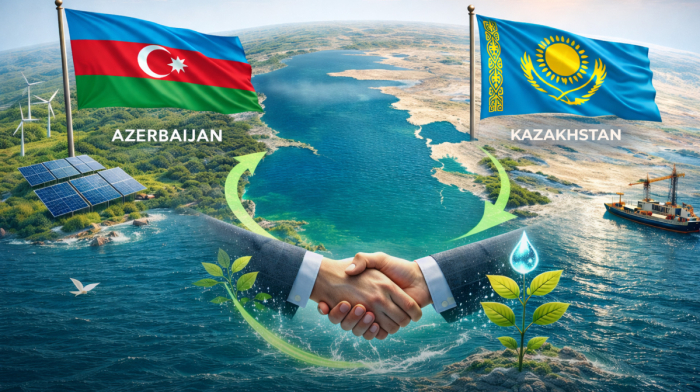
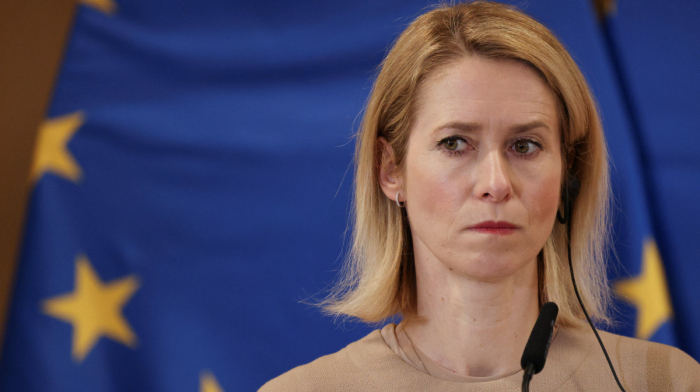


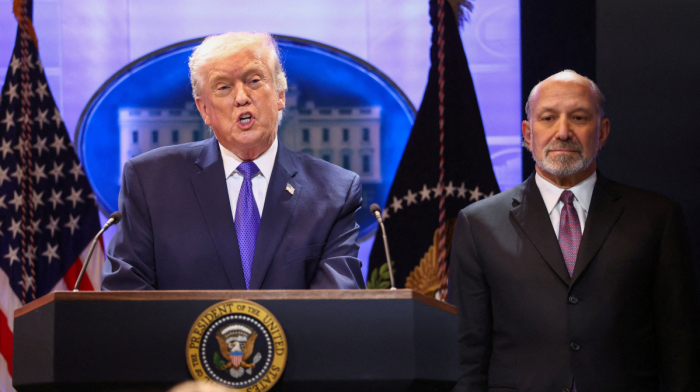
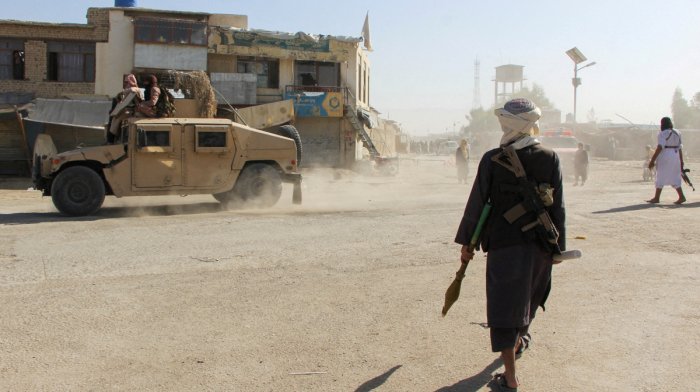
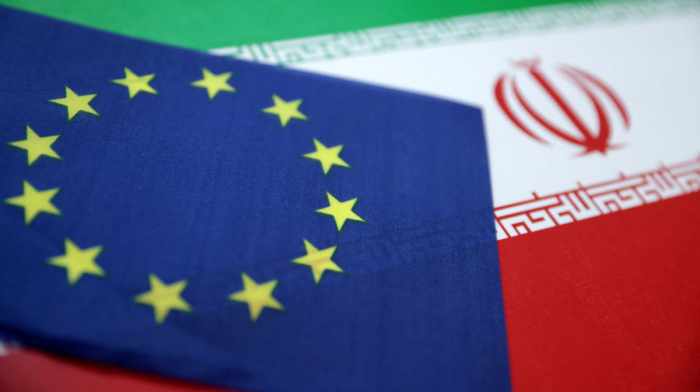



What is your opinion on this topic?
Leave the first comment